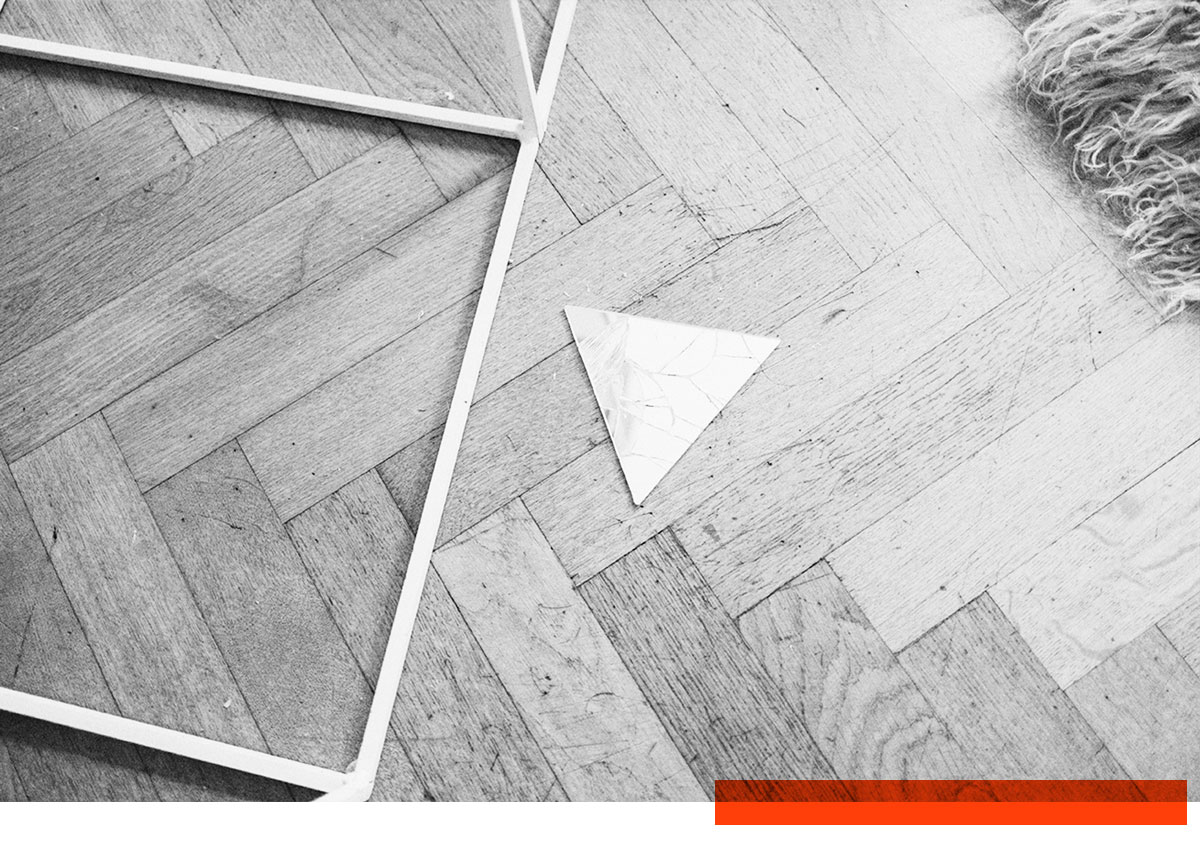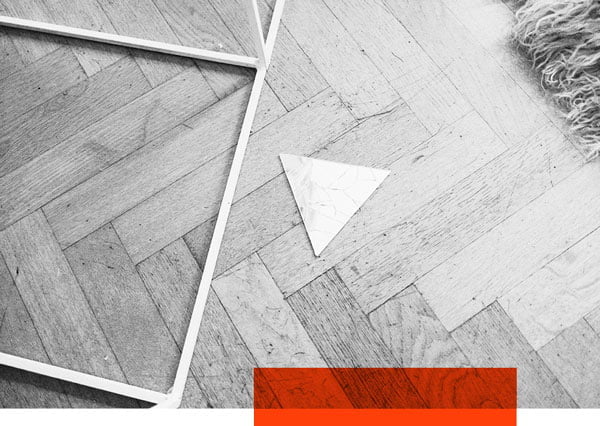A conversation with An-Katrien Dullers, Founder Marnix + Ally
“Our job in PR isn't just about selling stuff online directly; it's mostly about getting people to know and recognize the brand. We come in before the online shopping part; our job is to get people interested in buying online. ”
“Our job in PR isn't just about selling stuff online directly; it's mostly about getting people to know and recognize the brand.”
Interview: Anke Vande SompelePhotography: Tom Delaisse
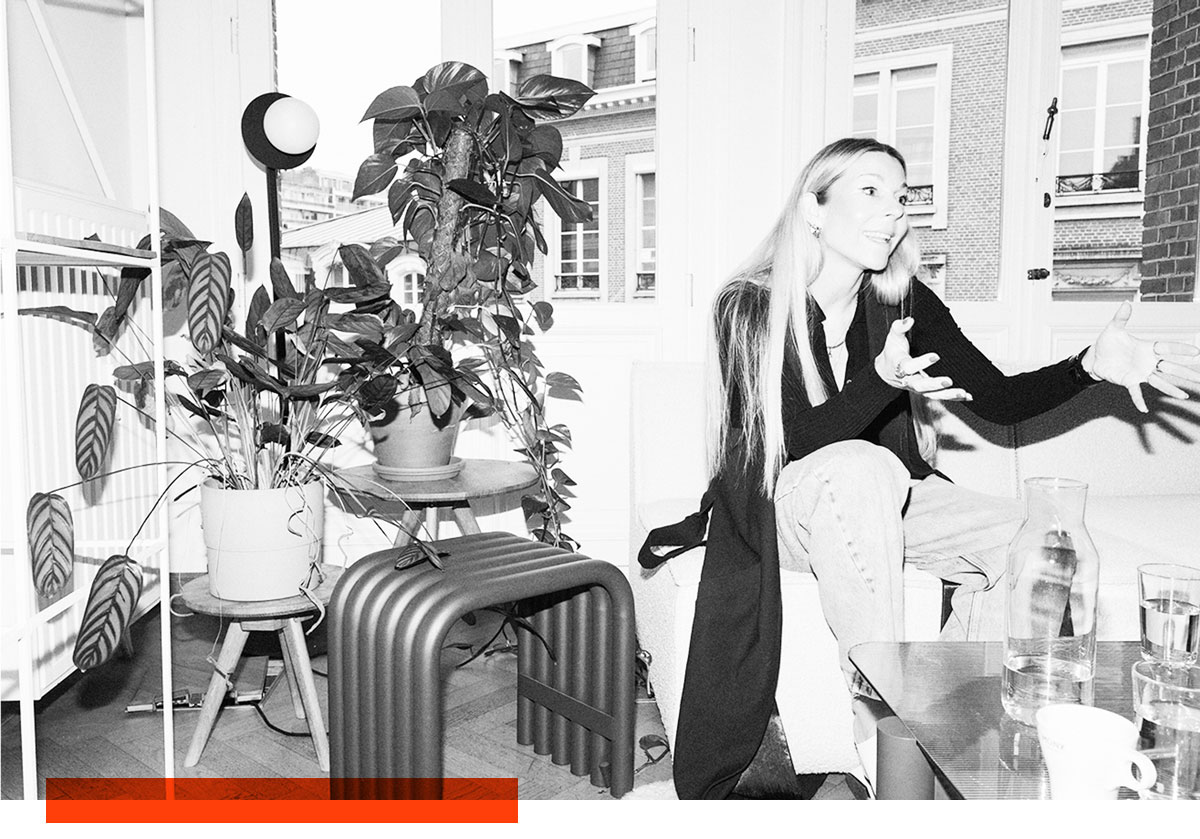

Marnix and Ally are more than just your average PR agency; they're strategic partners dedicated to helping brands flourish and communicate effectively. They engage with warmth, expertise, and have a deep passion for everything fashion, design, and beauty. Over twelve years, the agency has truly made its mark, and after our conversation with founder An-Katrien Dullers we completely understand why.

Who are you and what do you do?I'm An-Katrien Dullers. Twelve years back, I founded Marnix & Ally, a PR agency. Our main focus is PR, connecting directly with people and the media. We aim to share brand stories across various platforms. PR has changed a lot, with more opportunities now, including influencer marketing and social media. We're all about creating love brands from the get-go, crafting content, telling stories, and helping brands grow. Our work mainly revolves around fashion, design, lifestyle, and beauty. Aside from that, I'm also a wife and mother to two children. What’s the reason you started your own agency?I'm a marketer at heart, passionate about coming up with ways to promote brands. It's something I've always enjoyed, especially for brands I really love or believe can be top-notch in their field. So, I started because I wanted to keep supporting and helping those brands grow. Also, I wanted to be free to do things my own way. I felt a strong urge to start something of my own, and that's how it all began. What career did you dream of as a child?I've always had big dreams. At one point, I wanted to be a rock star. In a way, I did achieve that dream, but in a different way — I still take the stage, just a different one. I pursued singing for a long time, back before social media became so dominant, so there's not much evidence of that time, thank god. It was electro-rock, so it was pretty edgy. Looking back, I've always had this inner fire to push myself forward. It's been a constant in my life, even now. I aim for excellence and can be a bit of a perfectionist. I believe in setting high standards, even if it's tiring. But it's a principle I'm dedicated to.
What's the significance of the triangle in the Marnix and Ally logo?It's essentially two sets of three. On one side, there's a strong focus on "real connections," which I highly value. It's all about genuine human interaction, both online and in person. Then there's content, where each part is important for keeping things going strong. The creative aspect, “the other angle”, which used to be our slogan. It's about viewing things from different perspectives. And then there's the ethical and the aesthetic, the third aspect of what truly motivates. On the other side of the triangle lies everything related to sustainability, innovation, and humanity. It embodies our passion. The triangle symbolizes fire. This year, Flanders DC welcomed you to their board. What is your role there?I'm on the board of directors at Flanders DC. We meet regularly to give advice on important decisions regarding the organization’s growth and direction. While it doesn't demand my time every week, commitment is key. I really enjoy being part of this, as it fits perfectly with what I'm passionate about and good at. It's right up my alley. Does getting a brand featured in a magazine lead to a noticeable increase in followers or sales?Our clients definitely notice the impact. Our job in PR isn't just about selling stuff directly; it's mostly about getting people to know and recognize the brand. Having a webshop is great because it makes it easy for customers to find what they want. We come in before the online shopping part; our job is to get people interested in buying online. We start things off by getting people talking and creating interesting content to catch their attention. Then, it moves on to the next phase, where the brand's appeal takes over.
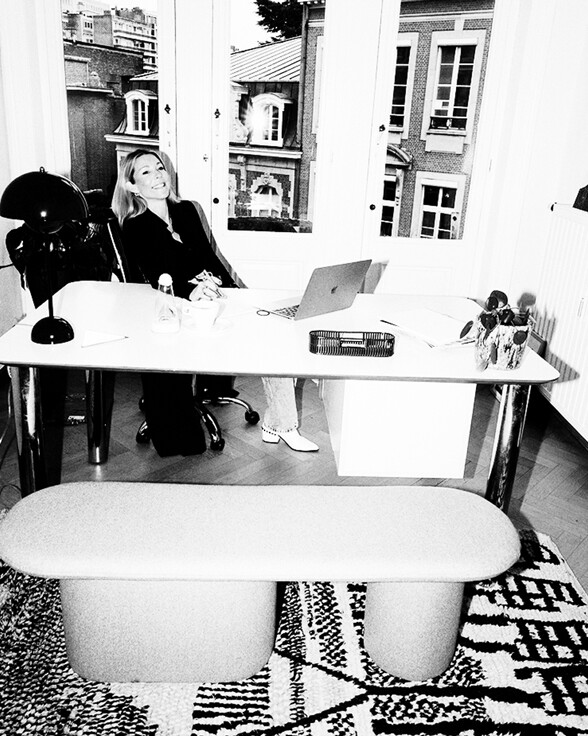
We may get things started, but other marketing activities is needed to keep the momentum going. Advertising becomes really important when lots of people know about the brand. Ideally, your PR campaign should integrate smoothly with social media and advertising strategies. It's a wheel of content, where each part is important for keeping things going strong.


Do you offer advice on e-commerce and marketing when planning strategies for clients too?To me, strategy is more than just PR. It's about shaping a brand, creating content, and how they communicate. While I know a lot about digital marketing, we don't handle everything ourselves. But we can offer advice. Doing effective PR beforehand can make a product more appealing and help it sell faster, online or in stores. This is because it builds trust. However, the impact on sales can vary. PR can have different results. It might get a store interested in selling your product or make your brand stand out to a certain group. But it doesn't always mean more sales right away. Some people forget that the brand itself still needs to put in work. PR is just one part of a bigger plan. We need others, like Studio Calypso, to help make websites and online stores look good and function well. They help us track and measure our progress, which is important for success.
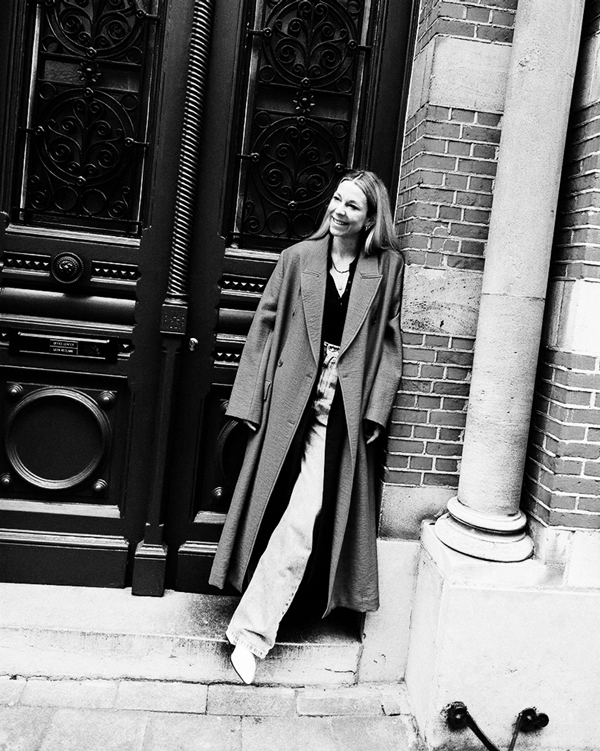
How important are offline events to support online activities? There are many advantages. First, connecting with the community is important, and it's easier to build strong relationships face-to-face than just online. Meeting people in person helps build trust and makes them feel more involved in what you're doing. Plus, offline events can provide great content that you can use later on. Personally, I've found that my best connections often come from meeting people in real life. It's easier to get a sense of who someone really is when you're talking to them in person. And relying solely on someone's online profile can be tricky. Sometimes, what you see online isn't a true reflection of who they are. That's why it's important for us to meet people offline and get to know them better before deciding if they're a good fit for the brands we work with. How important is influencer marketing these days?Recently, I gave a talk about influencer marketing at AP University, and the room was packed. It's clear that this topic is generating a lot of interest right now, with everyone eager to learn more about it. What I find refreshing is how we approach influencer marketing differently at Marnix & Ally, thanks in part to the brands we work with. We don't stick to the traditional methods. For us, influencers are more than just promoters; they're individuals with their own networks and influence. Steven (founder, creative director of Studio Calypso), you're an influencer to me because you have your own network and hold
How do you feel about paid deals?Uh... Well, that's a tricky question. In the past, brands would spend a lot on things like TV commercials. Now, there's a shift towards working with big influencers. It's a different approach, but it's where things are heading. Sometimes, the amounts involved can be high, but if it brings a brand more reach and credibility, then it's usually worth it. So, while we need to be critical, these kinds of deals can often be beneficial. Do influencers have a positive impact on e-commerce as well?In e-commerce, influencers are vital. They have the ability to direct traffic straight to your online store. When they mention a brand, people often visit it on platforms like Instagram and may even decide to make a purchase. This process is similar to affiliate marketing, allowing you to track data and assess the effectiveness of their promotion. Certain influencers, particularly those with active followers, can substantially increase your brand's sales by enhancing its visibility and creating valuable content. Is traceability the key factor here?That's the big difference with old-school advertising like TV or magazine ads. It's hard to know exactly how effective they are. But with digitalization and strong e-commerce, PR is easier to measure now. We can quickly see how it's working, where it started, and how it's growing over time. We also have more ways to track things, like different channels, traceable links, and tools. It makes understanding things a lot easier.

So you’re happy with the evolution?I do. In the past, things were different. We used to feature in many magazines, and that was the extent of it. There was even a time when being mentioned in a blog was a big deal. Remember blogs? Or vloggers? Now, they've transformed into influencers. They're the ones creating all the content. I find it fascinating how quickly this evolution has taken place and how everyone has adapted to it. I'm happy about these changes, it's a positive evolution. We have more opportunities now to come up with creative campaigns for our clients, thanks to the variety of media and channels available. Yeah, when I look at the work we do for clients today, it's so much more diverse than it used to be.
